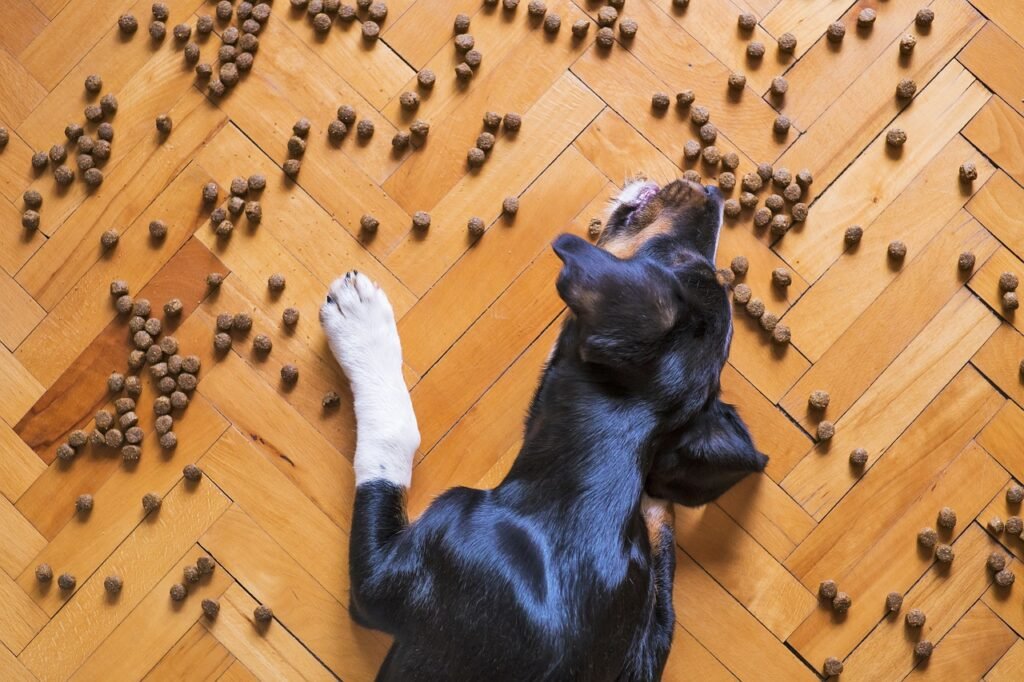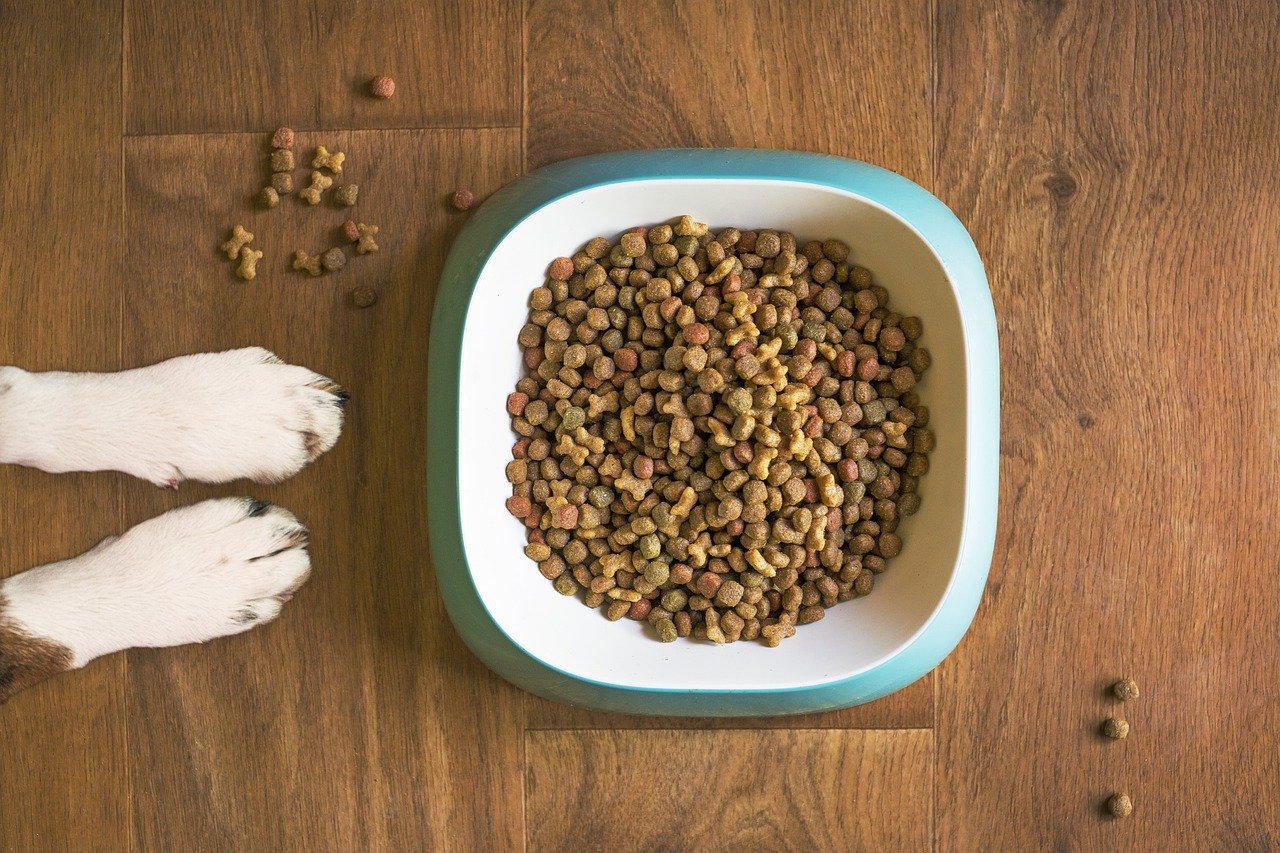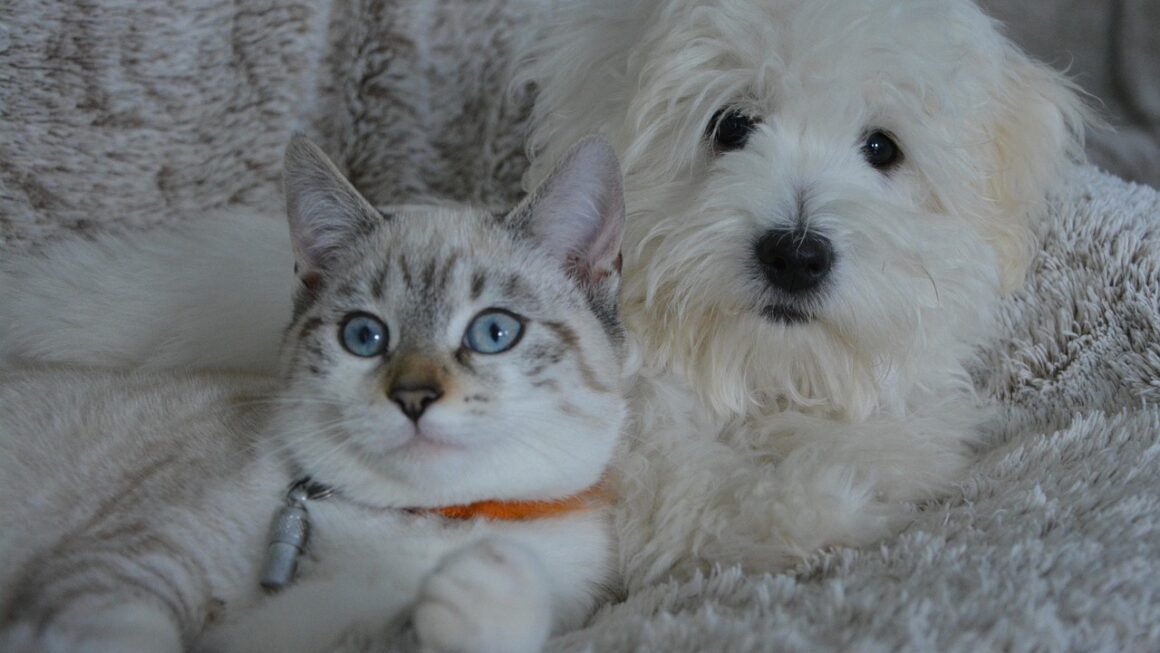All of us wish to provide our treasured pets with nothing but the very best, so we always question every ingredient in their diets. Carrageenan can lead to a split in public opinion because it is a certain food additive. In the mass food industry, it is used widely as a thickening and emulsifying agent that ensures compatibility-not curdling-with substances that would otherwise refuse to mix. Present in many pet foods, this product has been subjected to a few scientific studies that have failed to demonstrate its safety; so what is carrageenan, what are the implications linked with its consumption, and will its consumption be safe for your pets?

What Is Carrageenan?
Carrageenan is a naturally derived substance from red seaweeds. It’s used in human and pet food products alike as an agent to enhance the thickness and stability of foods. Think of carrageenan as a binder or envelope holding the various ingredients together so as not to separate; e.g. wet pet food products would feature carrageenan working toward not allowing the liquids and solids to separate, ultimately giving a smooth texture to the food.
The harm of carrageenan might stem from the introduction that carrageenan-related organohalides may promote health problems. This does not mean, however, that every form of carrageenan is evil.
Difference Between Degraded versus Undegraded Carrageenan
The other criticism comes from a specific food modul called degraded carrageenan, which is also scientists term poligeenan. However, those researches showing harmful effects—like inflammation and toxicity—were on poligeenan, and so they concluded that this carrageenan does not have any safety properties. In actual fact, poligeenan is a declared carcinogen, which seems to mean that it causes body tumors in laboratory animals.
However, typical carrageenan in pet foods is undegraded carrageenan and also potentially called food-grade carrageenan. This compound does not illustrate any expected repercussions compared to degraded carrageenan. The point of distinction is that food-grade carrageenan seems to be safe and usually lies in pet food items.
Well, What Are Animal Studies Focused on in Terms of Carrageenan Safety for Pets?
Despite the controversy over carrageenan, research shows an ambiguous report on its safety among pets. The diverse set of studies conducted with food-grade carrageenan—meaning the ones used for pet food—has declared that there are no harmful consequences for animals. Actually, no concrete proof speaks for carrageenan causing cancer or any long-term health implication in dogs and cats.
Several lab studies have reported that carrageenan can induce inflammation somewhere in some isolated models. Indeed, in some test tube experiments, carrageenan has triggered an inflammatory secretory reaction in the liver and colon cells. However, that was on some plastic cell cups and mechanical pumps; this is a long, somber statement that tells us a lot, but none of it regarding what happens as the stuff is digested and processed by pets.
For the reason that carrageenan does not get absorbed by the intestines, it should not reach the liver and other internal organs the way it did, say, in the cell cultures in a couple of labs. Instead, carrageenan stays put in the digestive system until the body excretes it in its own way. Hence, those experiments may not be of much significance regarding how carrageenan affects your pet.
How the fat content matters
Another issue that remains unclear is how carrageenan is synthesized and metabolized in pets. One potential possibility is that its digesting in the stomach acid present in cats and dogs might result in some other form of it, which might be harmful. As a result, it is not easy to say anything quite likely about carrageenan at this time.
Should You Avoid Carrageenan in Pet Food?
Given your concerns about the importance of carrageenan in pet food, you are definitely not the only one to worry about it. Although there is no concrete evidence to tag the food-grade carrageenan as a harmful substance, the studies ringing the alarm are just enough to make one cautious.
Bear in mind that carrageenan is never in short supply. If you so much ardently seek a piece of carrageenan-free pet food, then rest assured that it is available. For example, companies such as I and Love and You offer carrageenan-free formulas for your peace of mind while feeding your pooch.
As further research unfolds, we may get a clearer perspective on the risks of, or benefits from, carrageenan in pets. So it is really important to stay updated while keeping in mind that carrageenan use in food is considered to be safe.
What Can You Do?
If you are still contemplating on the wisdom of serving carrageenan-laden food to your pet, you can decide on choosing brands that still do not incorporate the product. Companies like I and Love and You will give you the option to avoid the ingredient in your own pet diets.
Finally, it is best to meet with your vet for any concerns pertaining to your pet’s diet, such as preocupations after inclusion of carrageenan in a product. The vet’s guidance is always up-to-date and specifically designed as per the pet’s health status and nutritional needs.
In Conclusion
In conclusion, some studies have given cause to doubt it. Yet, when it comes to food-grade carrageenan, one may answer that this is not as dangerous when it is included in pet food. Thus, as an immediate distinction between degraded carrageenan and food-grade carrageenan, no clear conclusions can be drawn; nor is there any evidence to affirm carrageenan is a risk to your pet’s health.If you are attentive about avoiding carrageenan, there are plenty of choices available to cater to your eccentric friends.
In the actual essence, the best gift one can make to a pet is the delivery of really good food. And that good alternative can ensure that the pet is given the best possible treatment, bearing in mind your values, given the fact that we are talking about the possibility of “I and Love and You.” Keep well informed, look out for new research to follow, and tell your vet about your pet’s specific dietary needs without any hesitation.

